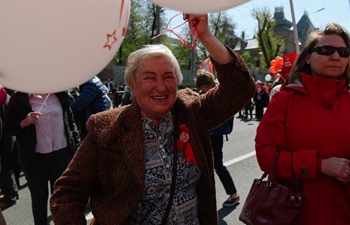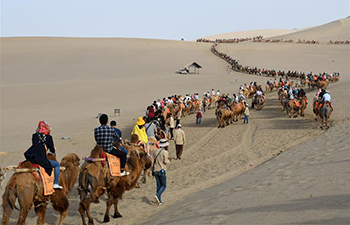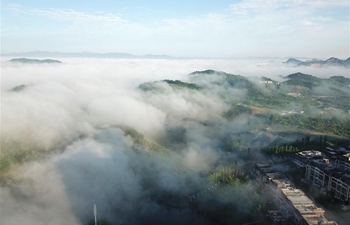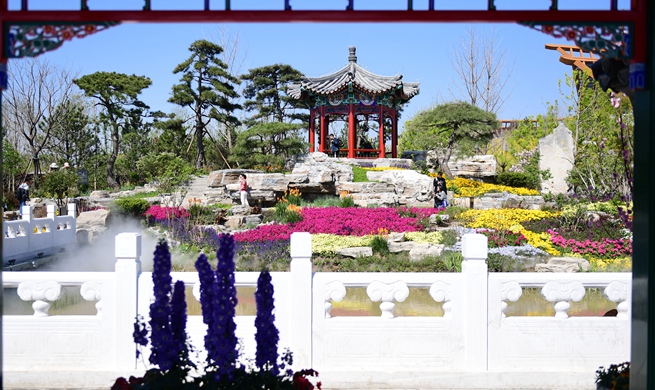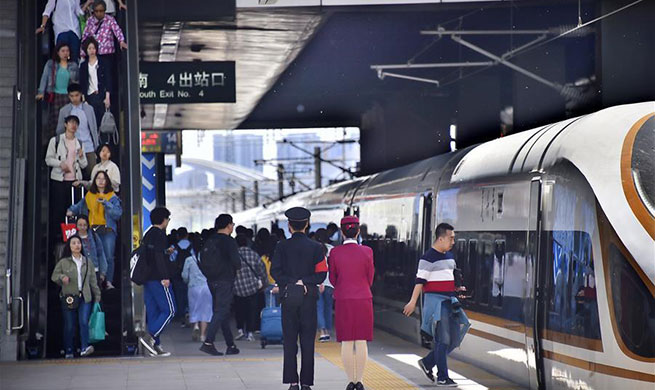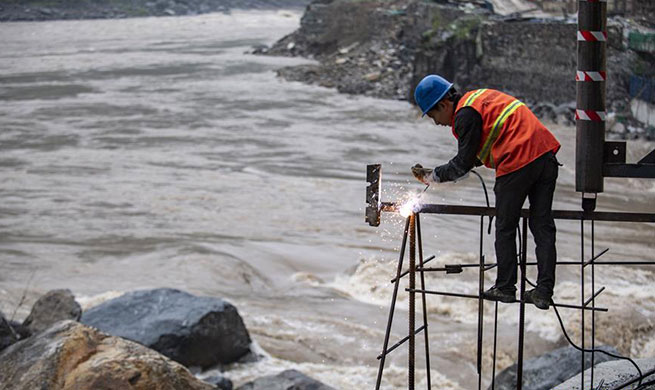CAPE TOWN, May 2 (Xinhua) -- South Africa's Western Cape Province on Thursday added its voice of criticism against the government's move to regulate Airbnb and other home-sharing apps.
The government's move is "a clumsy and short-sighted mistake" that could potentially harm the tourism sector, said Beverley Schäfer, Western Cape provincial minister for economic opportunities.
"The national government has already done extreme damage to this country's reputation as a tourist destination as a result of the introduction of a crippling visa regime," Schäfer said. "We cannot afford another clumsy and short-sighted mistake which could potentially harm this important sector further."
Airbnb, headquartered in San Francisco, operates a global online marketplace and hospitality service accessible via its websites and mobile apps. Members can use the service to arrange or offer lodging, primarily homestays, or tourism experiences.
Airbnb has increasingly come under fire in South Africa. The platform has seen impressive growth in the country, and local hotels are concerned that the unregistered accommodation establishments listed on the platform are taking away business from established bed-and-breakfast lodges and hotels.
The Federated Hospitality Association of South Africa has called on the government to crack down on Airbnb.
The government is pushing for a Tourism Amendment Bill (TAB) that says "short-term home rentals" will now be legislated under the Tourism Act.
The TAB, published on April 12 for public comment, empowers the minister of tourism to determine the "thresholds" regarding these short-term home rentals.
This could include limits on the number of nights that a guest can stay or even how much income an Airbnb earns.
Schäfer said the Western Cape government is opposed to a crackdown on Airbnb.
He said the provincial government will be making submissions to oppose any regulations that could hurt tourism revenue and affect people's private property rights.
"The Western Cape government is driving tourism growth, and in order to develop this sector, we need a sufficient mix of hotel, B&B (bed-and-breakfast) and home rental room nights in order to accommodate a wide variety of tourists and budgets," Schäfer said.
According to Airbnb, it contributed 8.7 billion rand (about 608 million U.S. dollars) to the national economy between June 2017 and May 2018, creating jobs and opportunities for 22,000 people in South Africa.
Over 2 million people have made use of Airbnb in South Africa, and if regulations make it more difficult for travelers to access this kind of accommodation, they will simply vote with their wallets and go elsewhere, Schäfer said.
"We cannot allow this to happen," he said.
Any regulations that infringe on people's property rights, or impact a host's ability to earn a living must be rejected outright, Schäfer said.

